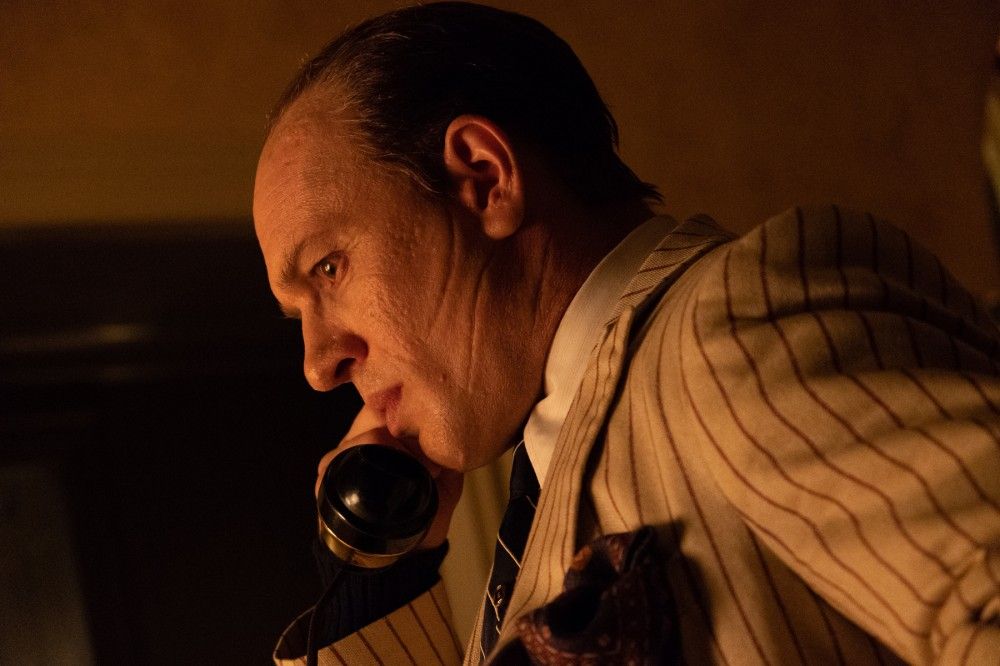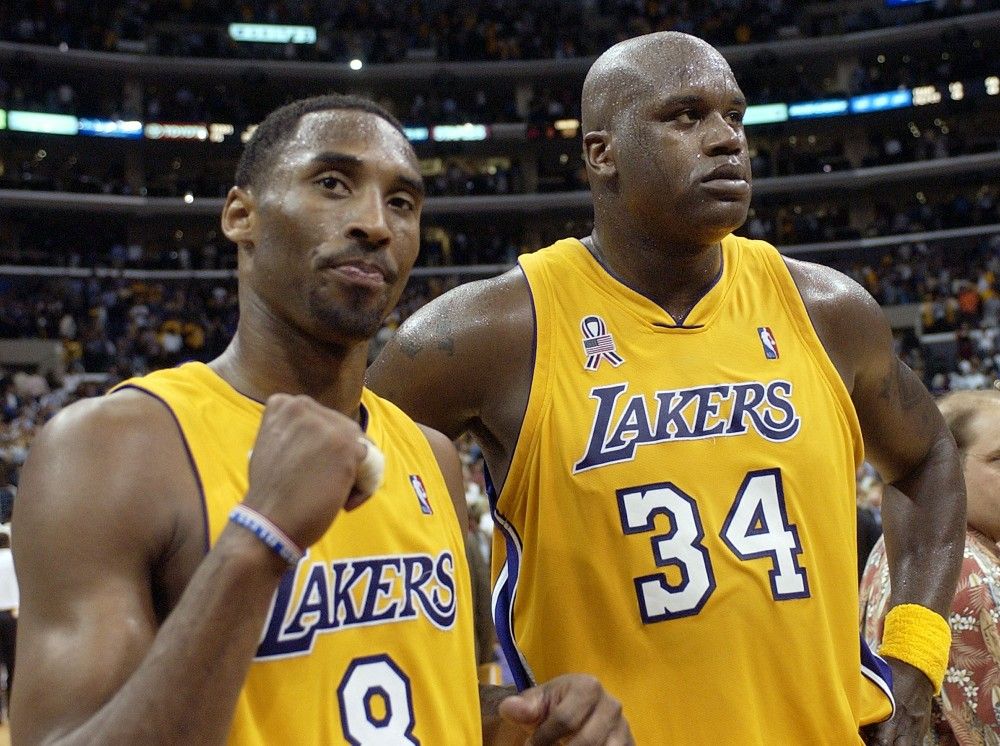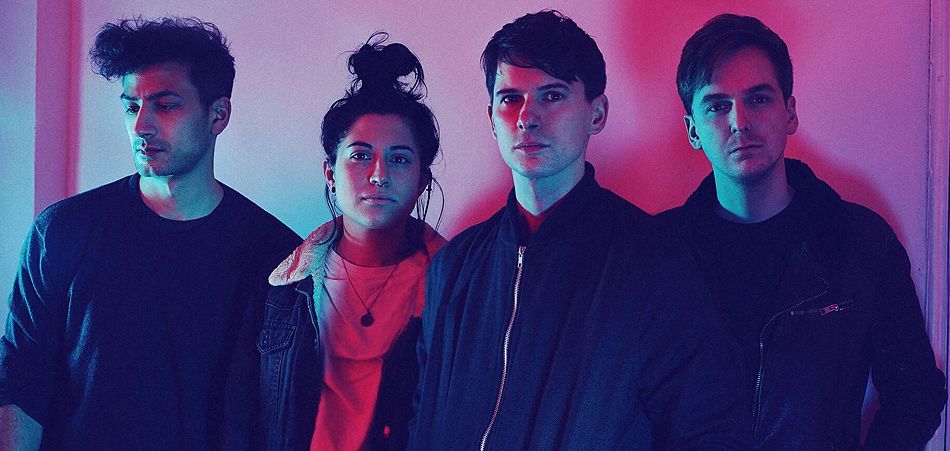
'Capone' Review: Tom Hardy Gets His Scarface On
More than a dozen actors have tackled the role of infamous, Prohibition-era gangster Al Capone, from Neville Brand in The Untouchables TV show (1969-1963) to Robert De Niro in the 1987 movie version of the series. But no one has ever played the Chicago mob boss, a.k.a. Scarface and Public Enemy No. 1, with quite the implosive power of in Capone (on video on demand starting May 12th). What makes the Oscar-nomaninated British actor’s take particularly daring is the fact that the plays Capone only in the final year of his life. That’s when the underworld legend’s body was riddled not with bullets but with syphilis, his brain annihilated by full-blown dementia, his activities reduced to staring, slobbering, and shitting the bed. Here’s one film that will never be accused of glamorizing mob life.
Capone was 48 when he died on Jan. 26, 1947, having been imprisoned at Alcatraz for tax invasion; he was released because of mental and physical deterioration, living out the last of his days in exile in his mansion in Palm Island, Florida, alongside his loyal wife Mae Coughlin (an underused ). Other family members and hangers-on also joined him, including his brother Ralphie (Al Sapienza) and Sonny (a creepy Noel Fisher), Capone’s only son — if you don’t count presumed bastard Tony (Mason Guccione), who keeps calling at odd times. There’s also Kyle MacLachlan as a weirdo doctor, who insists that Capone replace his cigars with healthy raw carrots and Matt Dillon as a fellow hood who gouges his eyes ou. Or maybe that’s all happening in Capone’s head. It’s often hard to tell.
The one constant is an FBI unit led by Agent Crawford (Jack Lowden), which keeps Capone under constant surveillance. Paranoid to the last, Capone — who preferred to be called Fonse, from his first name Alphonse, and never Al — eyes them all with feral suspicion. Everyone seems to think Capone has stashed $10 million in stolen money on his property. Is Capone really past help or is he faking it to watch his enemies squirm? Hardy draws us into Capone’s warped mindset with mesmerizing intensity, even when communicating mostly with grunts.
And there you have it: a Capone film without bloody violence, except in his fantasies of mowing down everyone with a solid gold Tommy gun while wearing a sagging adult diaper. This is Capone in isolation, separated from the outside world (which is a feeling we can all relate to at this particular moment). Having scored a hit with his 2012 debut feature Chronicle, the film’s screenwriter and director Josh Trank was excoriated for 2015’s Fantastic Four, a comic-book fiasco that left him reeling from bad reviews, worse box-office and accusations of on-set misbehavior. Capone is the film Trank carved out of that experience. “I was at home reading articles about myself, and to me, it felt like it was this mythological version of this out-of-control person that has the same name as me,” he told The Hollywood Reporter.
What a shame that Trank fails to turn his empathetic connection to Capone into coherent or compelling cinema. Fellow filmmaker Rian Johnson, who is still experiencing divisive reaction to his Star Wars: The Last Jedi, tweeted in favor of Capone: “This movie is batshit bonkers in the best possible way and believe me you’re going to want to see it.” Anyone interested in how movies function, successfully or not, should indeed see Capone because Trank is not a hack — he’s a talent striving for something beyond Hollywood formula even when his reach exceeds his grasp. Aside from Hardy’s full-on commitment, Capone seems too dramatically dull and laborious to support its ambition as a subversive biopic or a deeply personal take on public vilification. What’s left on screen comes in fits and starts, flashes of insight (like Capone listening in disbelief to a radio play allegedly about his life) diluted by another loony attempt (Capone shooting a gator) at distracting us from the emptiness at the film’s core. But don’t write off Trank just yet. He has skills. And this criminal biopic shows just enough of them to harbor a hope for what’s next.



